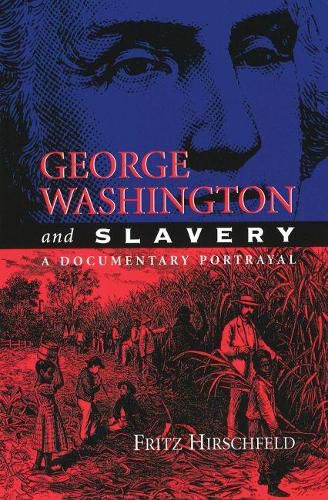Readings Newsletter
Become a Readings Member to make your shopping experience even easier.
Sign in or sign up for free!
You’re not far away from qualifying for FREE standard shipping within Australia
You’ve qualified for FREE standard shipping within Australia
The cart is loading…






No history of racism in America can be considered complete without taking into account the role that George Washington - the principal founding father - played in helping to mold the racist cast of the new nation. Because General Washington - the universally acknowledged hero of the Revolutionary War - in the postwar period uniquely combined the moral authority, personal prestige, and political power to influence significantly the course and the outcome of the slavery debate, his opinions on the subject of slaves and slavery are of crucial importance to understanding how racism succeeded in becoming an integral and official part of the national fabric during its formative stages. Relying primarily on Washington’s own words - his correspondence, diaries, and other written records - supplemented by letters, comments, and eyewitness reports of family members, friends, employees, aides, correspondents, colleagues, and visitors to Mount Vernon, together with contemporary newspaper clippings and official documents pertaining to Washington’s relationships with African Americans, Fritz Hirschfeld traces Washington’s transition from a conventional slaveholder to a lukewarm abolitionist.
$9.00 standard shipping within Australia
FREE standard shipping within Australia for orders over $100.00
Express & International shipping calculated at checkout
No history of racism in America can be considered complete without taking into account the role that George Washington - the principal founding father - played in helping to mold the racist cast of the new nation. Because General Washington - the universally acknowledged hero of the Revolutionary War - in the postwar period uniquely combined the moral authority, personal prestige, and political power to influence significantly the course and the outcome of the slavery debate, his opinions on the subject of slaves and slavery are of crucial importance to understanding how racism succeeded in becoming an integral and official part of the national fabric during its formative stages. Relying primarily on Washington’s own words - his correspondence, diaries, and other written records - supplemented by letters, comments, and eyewitness reports of family members, friends, employees, aides, correspondents, colleagues, and visitors to Mount Vernon, together with contemporary newspaper clippings and official documents pertaining to Washington’s relationships with African Americans, Fritz Hirschfeld traces Washington’s transition from a conventional slaveholder to a lukewarm abolitionist.